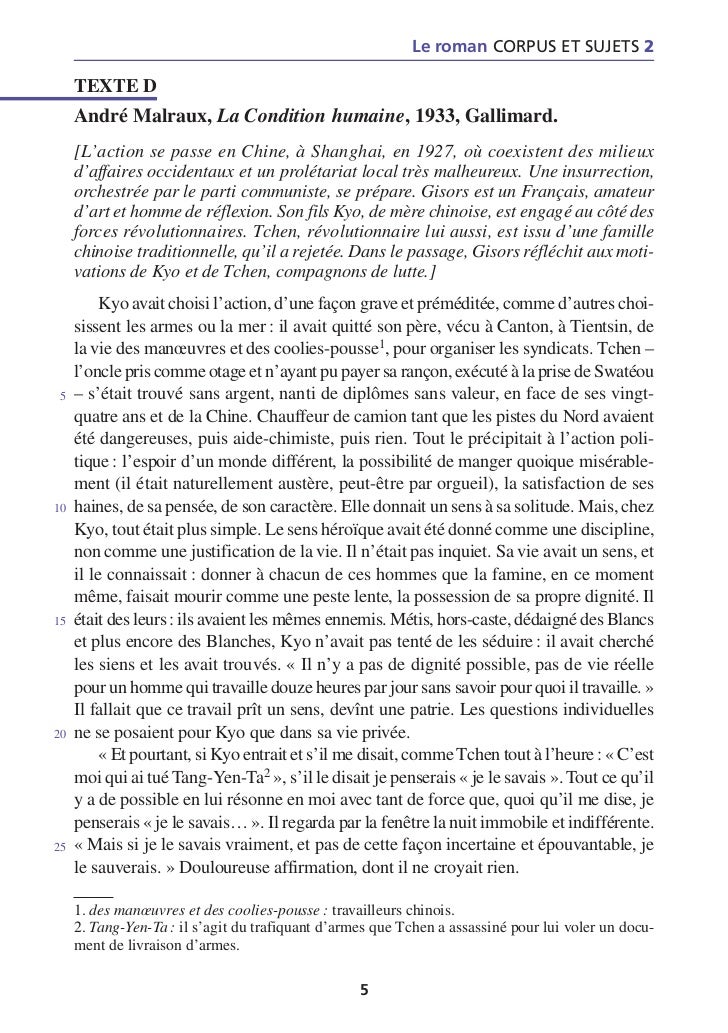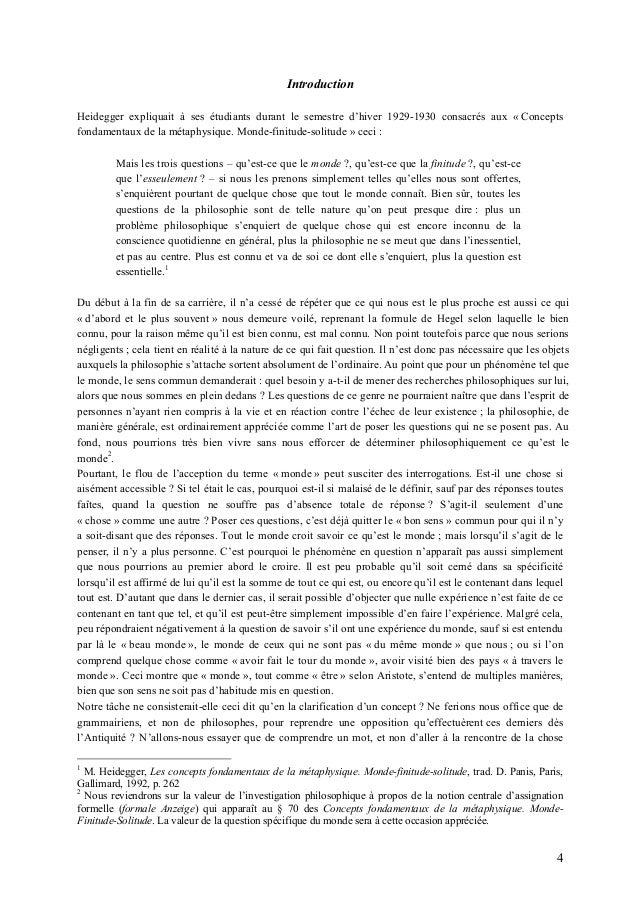Dissertation Corrigé Juste La Fin Du Monde: A Deep Dive Into The End Of The World
So here we are, folks, diving headfirst into the wild world of "dissertation corrigé juste la fin du monde." Now, let's get real for a sec. The end of the world? Yeah, it's one of those topics that sparks debates, fires up imaginations, and honestly, gives students more than a few sleepless nights. But hey, don't stress. We're about to break this down like it's your favorite Netflix series—season by season, episode by episode. So, grab your snacks, and let's dig in, shall we?
Let’s be honest, when you hear the phrase "the end of the world," your mind probably goes straight to Hollywood blockbusters or ancient prophecies. But in the academic world, it’s a whole different ball game. A dissertation corrigé on this topic is like a treasure map, guiding you through the chaos of apocalyptic theories, historical events, and philosophical musings. It’s not just about the end—it’s about the journey, the why, the how, and the what if. And trust me, it’s way more fascinating than you think.
Alright, so why are we even talking about this? Because the end of the world isn’t just some far-off concept—it’s a lens through which we can examine everything from human nature to environmental crises. It’s a topic that touches on science, religion, politics, and even pop culture. And if you’re sitting there thinking, "How does this relate to my life?" let me tell you—it’s more relevant than you realize. So, buckle up, because we’re about to explore the ins and outs of this mind-blowing subject.
- Hdhub4u Your Guide To Free Bollywood Hollywood Movies 2025
- Kim Pine Animation Is Here New Giantess Content Trailer
What Exactly is Dissertation Corrigé Juste La Fin Du Monde?
First things first, let’s break down what we’re dealing with here. A "dissertation corrigé" is basically a corrected or model dissertation. Think of it as a blueprint for how to write a killer dissertation on any given topic. And when that topic happens to be "juste la fin du monde" (aka the end of the world), things get pretty interesting.
This type of dissertation isn’t just about predicting the apocalypse—it’s about analyzing the concept from multiple angles. It’s about understanding the cultural, scientific, and philosophical implications of something as massive as the end of the world. And let’s be real, it’s not all doom and gloom. There’s a lot of fascinating stuff to unpack here.
Why Study the End of the World?
Now, you might be wondering why anyone would want to study something so, well, final. But here’s the thing—the end of the world isn’t just about destruction. It’s about human resilience, the search for meaning, and the endless quest for knowledge. It’s about asking the big questions: Why are we here? What happens when it’s all over? And how do we make sense of it all?
- Hdhub4u Your Guide To Hindi Dubbed Movies Legal Streaming
- Hdhub4u Free Movies But Is It Safe 2024 Guide
Plus, let’s not forget the practical applications. By studying the end of the world, we can better understand global threats like climate change, pandemics, and nuclear war. We can learn from history and prepare for the future. And honestly, who wouldn’t want to be part of that?
The Historical Context of the End of the World
Let’s take a trip back in time, shall we? The idea of the end of the world has been around for centuries, popping up in myths, religions, and even scientific theories. From the Mayan calendar to the Book of Revelation, people have been predicting the apocalypse for as long as we’ve been keeping records.
But it’s not just about predictions—it’s about the impact these ideas have had on society. Think about it. How many times have we seen movies or read books where the world is on the brink of destruction? It’s a theme that resonates with us because it taps into our deepest fears and hopes.
Key Historical Events
- The Great Flood: A classic tale of destruction and rebirth.
- The Black Death: A real-life apocalypse that changed the course of history.
- The Cold War: A time when nuclear annihilation seemed like a very real possibility.
These events, among others, have shaped our understanding of the end of the world. They’ve influenced art, literature, and even politics. And they continue to inspire new theories and ideas to this day.
Scientific Perspectives on the End of the World
Now let’s switch gears and talk science. From a scientific standpoint, the end of the world could happen in a variety of ways. Climate change, asteroid impacts, solar flares—you name it, science has a theory for it. And while some of these scenarios might sound like science fiction, they’re actually based on real research and data.
Take climate change, for example. Scientists have been warning us for years about the potential consequences of rising global temperatures. From melting ice caps to extreme weather events, the evidence is clear. And yet, despite the warnings, many people still choose to ignore the problem. Why is that? Well, that’s a whole other discussion.
What the Experts Say
According to a report by the Intergovernmental Panel on Climate Change (IPCC), we’re running out of time to prevent the worst effects of climate change. But it’s not all bad news. There are steps we can take to mitigate the damage, and many scientists believe that with the right actions, we can avoid the worst-case scenarios.
Of course, climate change isn’t the only threat. Scientists also warn about the dangers of asteroid impacts, supervolcanoes, and even artificial intelligence gone rogue. But don’t worry—we’ll get into those later.
Philosophical Musings on the End of the World
Now let’s get philosophical. What does the end of the world mean for humanity? Is it the ultimate failure, or is it an opportunity for growth and transformation? These are the kinds of questions that keep philosophers up at night.
Some argue that the end of the world is inevitable, a natural part of the cycle of life and death. Others believe that it’s something we can prevent, or at least delay, through our actions. And then there are those who see it as a metaphor for personal transformation—a chance to reinvent ourselves and our world.
Key Philosophers to Know
- Nietzsche: Famous for his ideas about the "will to power" and the "Übermensch," Nietzsche believed that humanity could overcome even the most dire circumstances.
- Heidegger: Known for his existential philosophy, Heidegger explored the concept of "being-toward-death" and how it shapes our understanding of the world.
- Kierkegaard: A pioneer of existentialism, Kierkegaard believed that true faith could help us face even the end of the world with courage and hope.
These philosophers, among others, have shaped the way we think about the end of the world. Their ideas continue to inspire new generations of thinkers and writers.
Religious Views on the End of the World
Religion has always played a big role in our understanding of the end of the world. From the Christian concept of the Rapture to the Hindu idea of pralaya, every religion has its own take on what the end will look like.
But it’s not just about the afterlife. Many religious traditions also emphasize the importance of living a good life in preparation for the end. They offer guidance on how to face adversity, how to treat others, and how to find meaning in a world that can sometimes feel chaotic and uncertain.
Key Religious Texts
- The Bible: Full of apocalyptic imagery and prophecies, the Bible has long been a source of inspiration for those pondering the end of the world.
- The Quran: With its emphasis on judgment and accountability, the Quran offers a unique perspective on the end times.
- The Bhagavad Gita: This Hindu scripture explores the concept of dharma and how it relates to the end of the world.
These texts, among others, continue to influence our understanding of the end of the world. They offer comfort, guidance, and a sense of purpose in the face of uncertainty.
Pop Culture and the End of the World
Let’s not forget about pop culture. From movies like "The Day After Tomorrow" to TV shows like "The Walking Dead," the end of the world has been a staple of entertainment for decades. But why do we love these stories so much?
Some say it’s because they allow us to explore our fears in a safe environment. Others believe it’s because they offer a sense of hope and resilience in the face of adversity. Whatever the reason, one thing is clear—these stories resonate with us on a deep level.
Must-See Movies and Shows
- "Mad Max: Fury Road": A post-apocalyptic masterpiece that explores themes of survival and redemption.
- "Black Mirror": A series that examines the darker side of technology and its potential to bring about the end of the world.
- "The Road": A haunting tale of a father and son trying to survive in a world gone wrong.
These movies and shows, among others, continue to captivate audiences around the world. They remind us that even in the darkest of times, there’s always a glimmer of hope.
Conclusion: What Now?
So there you have it, folks—a deep dive into the world of "dissertation corrigé juste la fin du monde." We’ve explored the historical, scientific, philosophical, and religious perspectives on the end of the world. We’ve delved into pop culture and examined why this topic continues to fascinate us so much.
But what now? What can you do with all this knowledge? Well, for starters, you can use it to write an amazing dissertation. You can also use it to spark conversations, inspire others, and even make a difference in the world. After all, if we’re going to survive the end of the world, we’re going to need all the help we can get.
So, what are you waiting for? Leave a comment, share this article, and let’s keep the conversation going. Who knows? Maybe together, we can change the world—or at least make it a little brighter before the lights go out.
Table of Contents
- What Exactly is Dissertation Corrigé Juste La Fin Du Monde?
- Why Study the End of the World?
- The Historical Context of the End of the World
- Scientific Perspectives on the End of the World
- Philosophical Musings on the End of the World
- Religious Views on the End of the World
- Pop Culture and the End of the World
- Conclusion: What Now?



Detail Author:
- Name : Tara Steuber
- Username : zbeier
- Email : cstark@zieme.net
- Birthdate : 1993-05-14
- Address : 57005 Jordi Island Lednershire, IN 12120-2727
- Phone : +1 (951) 268-5179
- Company : Renner, Okuneva and Carroll
- Job : Poultry Cutter
- Bio : Illo facilis perferendis vel asperiores dolores. Nihil fuga similique qui ut aut ratione. Ratione nobis aut vel modi nesciunt sint.
Socials
twitter:
- url : https://twitter.com/pacocha2018
- username : pacocha2018
- bio : Tempore atque quae distinctio non dignissimos modi. Ut commodi voluptates molestiae alias et nihil debitis. Vero cum officiis rerum nihil.
- followers : 2025
- following : 2683
tiktok:
- url : https://tiktok.com/@ipacocha
- username : ipacocha
- bio : Perferendis in perspiciatis qui occaecati mollitia.
- followers : 1474
- following : 1035